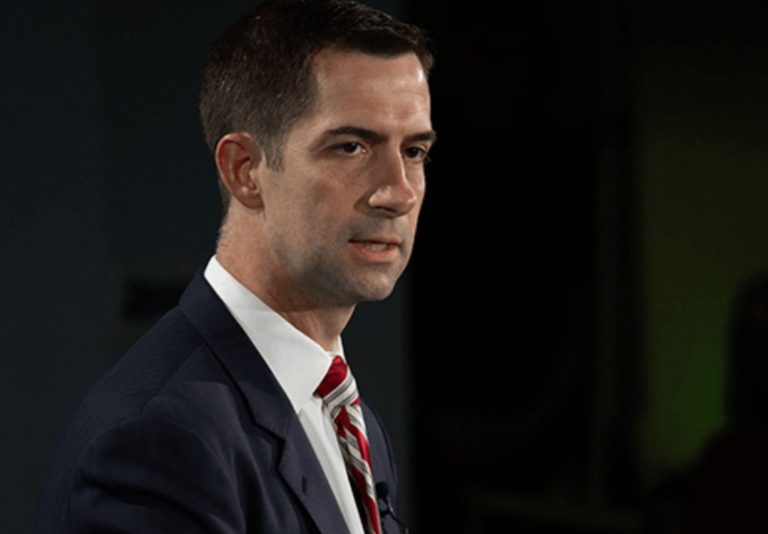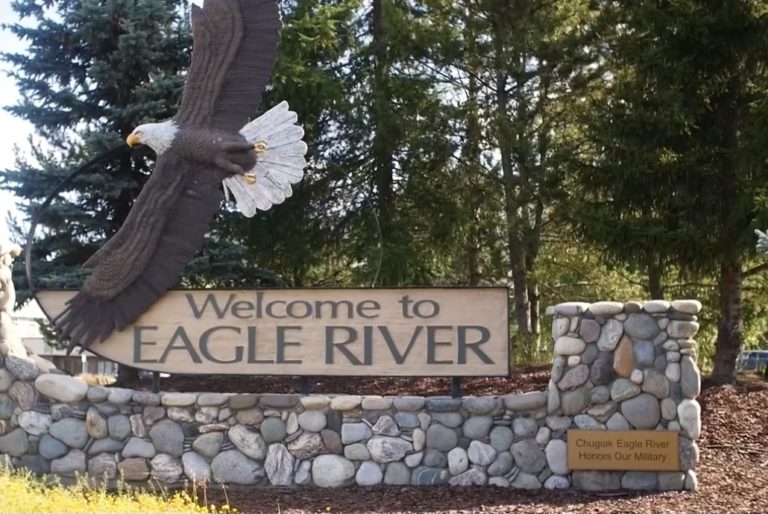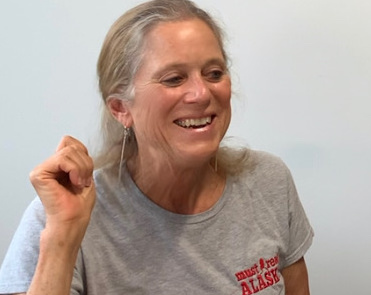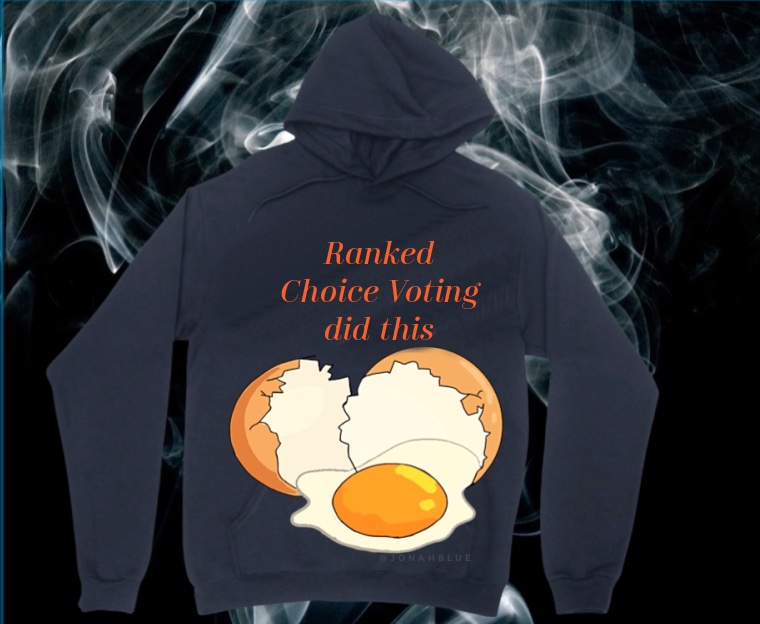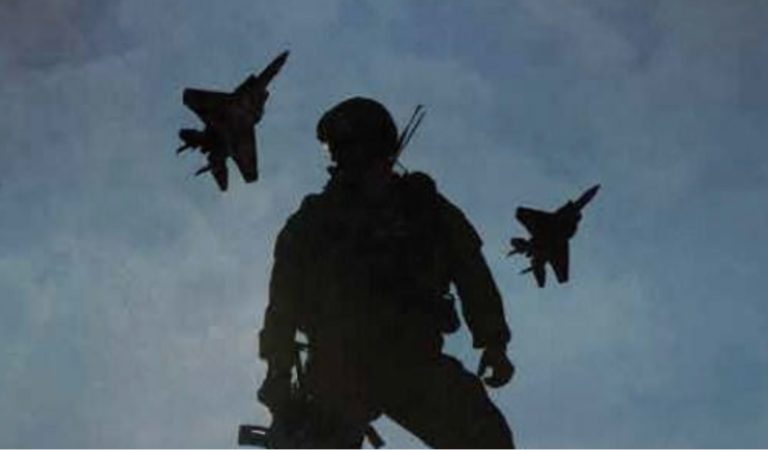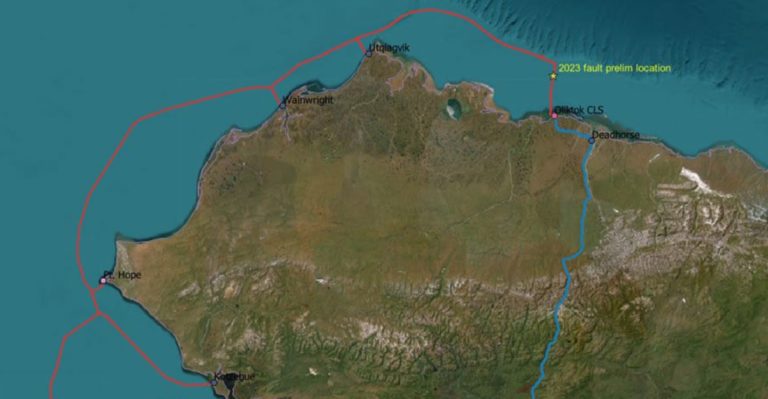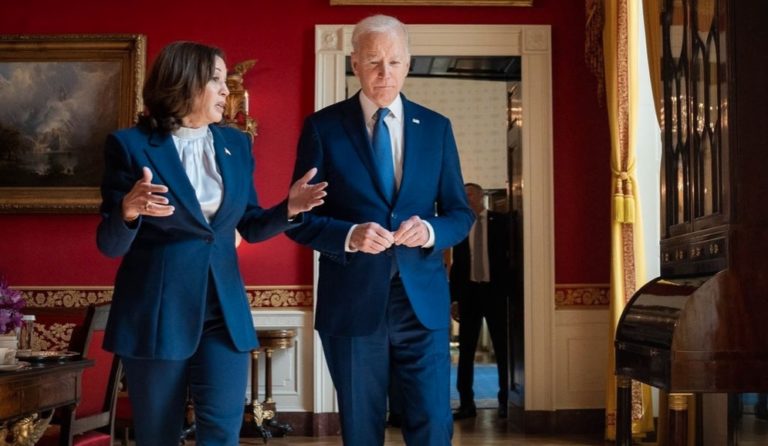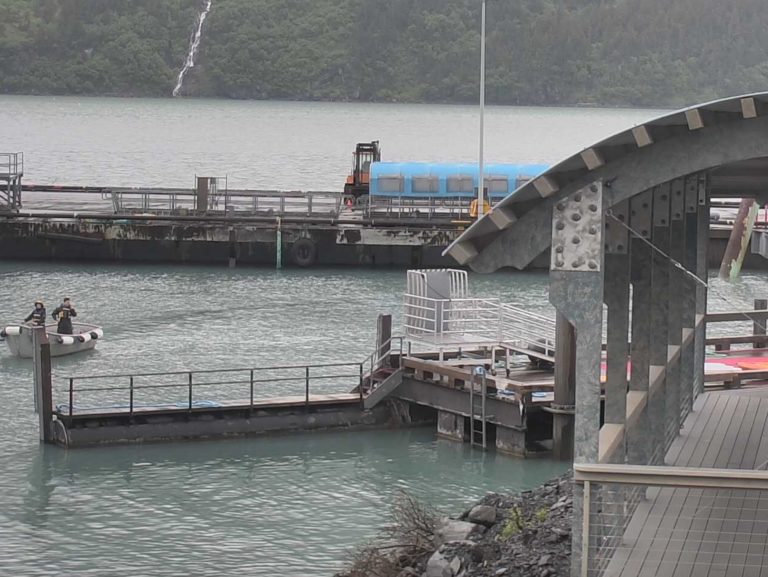U.S. Sen. Tom Cotton of Arkansas wants the U.S. Secret Service to come clean on the information it has about cocaine found in the West Wing of the White House on Sunday.
Cotton wrote to U.S. Secret Service Director Kimberly Cheatle and asked that she release the information about the incident. The drug was discovered on Sunday, according to official reporting from the Secret Service.
“I write regarding the Secret Service’s recent discovery of white powder, reportedly confirmed to be cocaine, inside the White House. According to public reports, the Secret Service has not yet confirmed where in the West Wing the cocaine was found. I urge you to release that information quickly, as the American people deserve to know whether illicit drugs were found in an area where confidential information is exchanged,” Cotton wrote.
“If the White House complex is not secure, Congress needs to know the details, as well as your plan to correct any security flaws. Please answer the following questions as soon as
practicable, but in any event no later than 5:00PM on Friday, July 14. Further, please contact my staff to arrange a briefing on this matter, as well as the provision of any answers that are classified or law enforcement sensitive,” he wrote to Cheatle.
The questions Cotton wanted answered are:
- Who has access to the White House complex without passing through any security screening? Please provide a complete list of all such individuals.
- Who has access to the White House complex while subject to lesser security screening requirements than the most complete screening required of individuals accessing the West Wing? Please provide a complete list of all such individuals, along with a description of the lesser screening requirements and the reasons such individuals are not subject to complete screening.
- The Secret Service’s Annual Report for FY2022 notes that the Secret Service’s Personnel Screening K-9 program screens approximately 10 million “visitors to the exterior of The White House each year.” How many visitors to the interior of the White House are screened by the Secret Service’s K-9s each year? Please provide a description of the circumstances under which the Secret Service chooses not to use K-9 screening for West Wing visitors.
- In the past five years, how often has the Secret Service encountered illegal drugs at the White House complex? How often were these drugs detected during security screenings, and how often were these drugs encountered inside secure areas?
- Section 3056A of Title 18, U.S. Code, provides members of the United States Secret Service Uniformed Division with the authority to “make arrests without warrant for any offense against the United States committed in their presence, or for any felony cognizable under the laws of the United States if they have reasonable grounds to believe that the person to be arrested has committed or is committing such felony.” Illegally possessing cocaine is a crime under federal law. If the Secret Service discovers the identity of the individual who brought illicit cocaine into the White House complex, will they make an arrest under this provision?
- How often does the Secret Service audit its security procedures for the White House complex and adjust those procedures to correct potential flaws? Please provide details regarding the most recent complete audit, including whether it was conducted by the Secret Service or another entity.
Cotton wrote in his capacity as the ranking minority member of the Subcommittee on Criminal Justice & Counterterrorism. No Democrat in the Senate has made such a public request of the Secret Service or the White House for information on the scandal.
The president’s press secretary refused to answer any questions about the cocaine during her latest press briefing, answering only that she would leave the details to the Secret Service.
